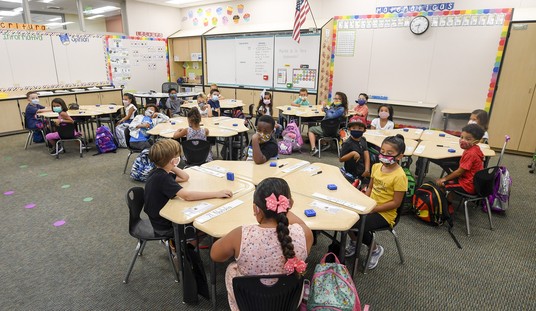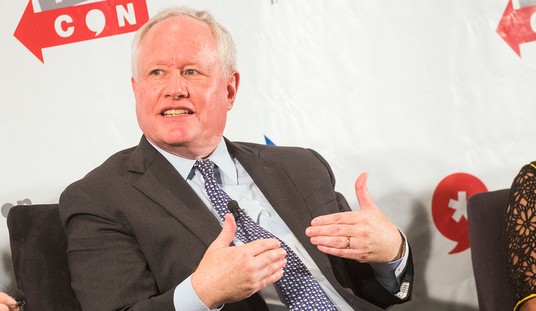While advancements in medical technology have done wonders in helping parents conceive and raise healthy children, sometimes we can get a bit carried away with the test tubes. While I have no background in the science behind this announcement, I can’t suppress an immediate reaction of wondering what the heck the Brits are thinking. They have now approved the creation of three parent children.
MPs have voted in favour of the creation of babies with DNA from two women and one man, in an historic move. The UK is now set to become the first country to introduce laws to allow the creation of babies from three people.
In a free vote in the Commons, 382 MPs were in favour and 128 against the technique that stops genetic diseases being passed from mother to child. During the debate, ministers said the technique was “light at the end of a dark tunnel” for families.
A further vote is required in the House of Lords. It everything goes ahead then the first such baby could be born next year.
I’ve done my best to read through some of the science behind this and I do understand that there is a concern being addressed. Some women have medical issues where they could pass on health risks to their offspring though a normal pregnancy and this cloning style combination would allegedly remove that risk from the resultant child’s gene pool. But that doesn’t alleviate the distressing thought that this sounds like far too much meddling in the natural order and the obvious questions regarding a child having two biological parents.
Wesley Smith expresses some of the same concerns from a more experienced point of view.
What could go wrong? Well, I thought of a few things a bit ago in an article I wrote for the Center for Bioethics and Culture:
The arguments against three-parent IVF involve both safety and ethics. We already know that children born via IVF have poorer health outcomes than children conceived naturally. The danger would probably be even more pronounced with three-parent reproduction.
The technique literally uses broken eggs. Mammal cloning—which involves a similar genetic modification of eggs—can lead to terrible developmental problems during gestation and born clones often have significant health concerns. For example, Dolly the sheep died before her normal lifespan, perhaps as a consequence of being a clone.
Animals born of this method have had health issues.
Smith goes on with some additional good points which speak more to the ethics of such situations than just the raw science behind the gene splitters and hormones. Parents in the 21st century may have access to medical tests and information which their parents couldn’t have even imagined. Sometimes this data will deliver heartbreaking news which may make a mother hesitate to conceive for fear of passing on some damaging gene. But this doesn’t sound like the answer to me.
There are other paths to success for couples in these situations. Perhaps they will just put their faith in God or whichever higher power they choose and trust that the baby will be okay. Alternately, they may decide to open their home and hearts to an orphaned child in need of an adoptive family. But both the science and the ethics behind mixing up the human reproductive design in this fashion make it a rather frightening proposition. And given the failure rates which Smith highlights above, what will they do if (God forbid) they choose this course and wind up with a baby facing massive medical challenges? Would they even bring the baby to term?
This just seems ill advised. I don’t want to go all Jurassic Park on you about this, but just because you can do something doesn’t necessarily mean that you should.








Join the conversation as a VIP Member